Frequently Asked Questions
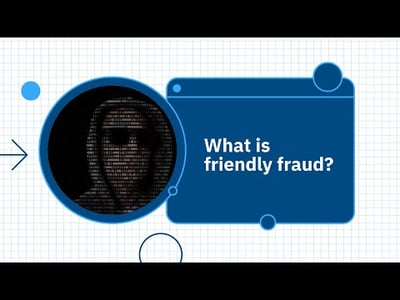 Friendly Fraud
Friendly Fraud
What is friendly fraud?
Friendly fraud is when a customer requests a chargeback for a relatively innocuous reason, such as a family member making a purchase without the customer realizing, the customer genuinely forgetting that they had made a purchase, or some mistake relating to the customer not understanding something such as a return policy. The key distinction between friendly fraud and other forms of chargeback fraud is that the customer is not knowingly, intentionally committing fraud.
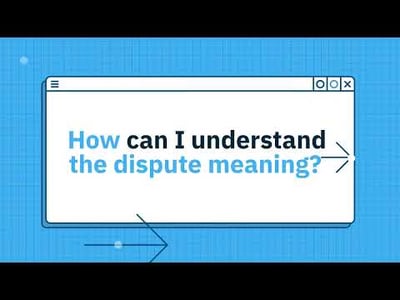 Chargeback Reason Codes
Chargeback Reason Codes
How can I understand the dispute meaning?
Looking at the reason code associated with a dispute should provide some information about the underlying cause of a chargeback.
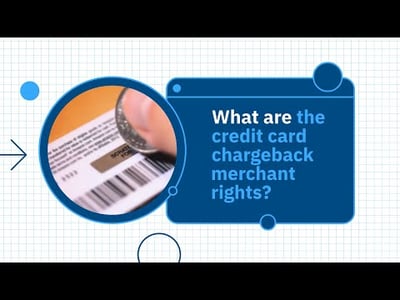 Chargeback Rights
Chargeback Rights
What are the credit card chargeback merchant rights?
While chargeback policies generally prioritize the rights of cardholders, there are some key merchant chargeback rights, including:
 Chargeback Insurance
Chargeback Insurance
Is there chargeback insurance?
Chargeback insurance does exist but its level of coverage varies wildly. Merchants would be well served to research any policies before purchasing coverage.
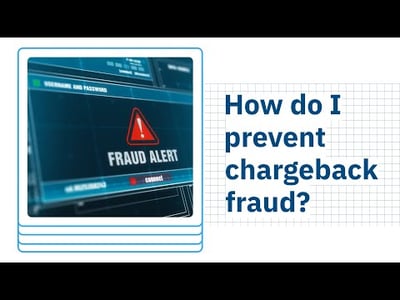 Chargeback Fraud
Chargeback Fraud
How do I prevent chargeback fraud?
Preventing chargeback fraud is a multi-faceted endeavor. It may require the use of chargeback prevention tools and proactive fraud-prevention policies. It is important to recognize key indicators of potential fraud such as conspicuously large orders or repeated small orders from the same card. It is also important to know the differences and similarities between chargeback fraud (intentional abuse of the chargeback system by a cardholder), friendly fraud (unintentional misuse of chargebacks by a cardholder), and true fraud (identity theft or stolen payment credentials).
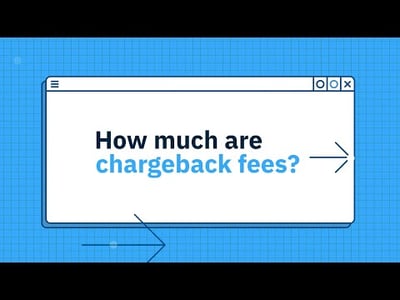 Chargeback Fees
Chargeback Fees
How much are chargeback fees?
Chargeback fees vary depending on the circumstances of the chargeback and the policies of the financial institutions involved. They usually fall in the range between $20 and $100.
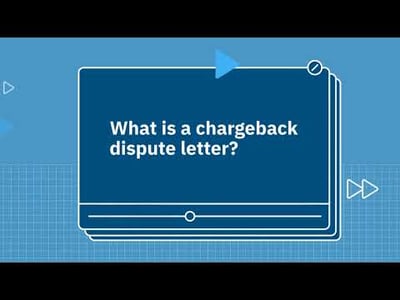 Chargeback Representment
Chargeback Representment
What is a chargeback dispute letter?
A chargeback dispute letter is effectively a cover letter for a chargeback representment response. It provides any necessary information to identify the transaction, addresses the specific claims that the cardholder has presented, and outlines what supporting evidence will be provided. It also explains what outcome the merchant is seeking.
 Chargeback Terminology
Chargeback Terminology
What is an acquiring bank?
An acquiring bank or acquirer is a bank or financial institution that processes payments, such as debit card or credit card transactions, on behalf of a merchant.
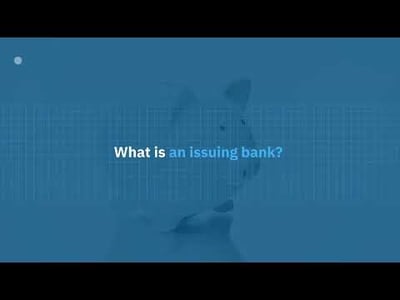 Chargeback Terminology
Chargeback Terminology
What is an issuing bank?
An issuing bank, or issuer, is the cardholder's bank. It is a member of a card association and issues payment on behalf of that association for the cardholder. Technically speaking, not all issuers are banks. Some card associations such as American Express serve as issuers themselves, bypassing the step of having a separate issuing bank.